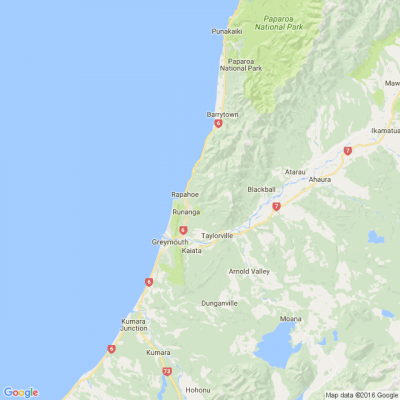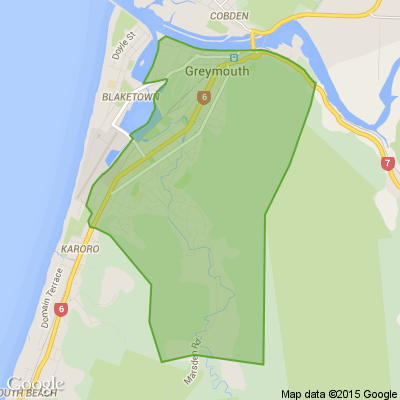West Coast civic tributes
From local democracy reporter Brendon McMahon:
West Coast Civic leaders moved to pay tribute yesterday as flags were lowered to half mast and the country moved to an official mourning period of 14 days for New Zealand's longest serving Sovereign.
Condolence books were placed at all four West Coast council offices, including the Westland District Council chambers in Hokitika, the West Coast Regional Council at Paroa, and at the Grey District Council chambers, for the public to pay tribute.
For Buller, a condolence book was placed at the council's Westport Brougham House and at its Inangahua Service Centre in Reefton. Flowers could also be left at the Gates of Remembrance in Westport.
The mayors of Westland, Grey, and Buller all paid tribute to Queen Elizabeth's strong example of unstinting public service over 70 years in the Commonwealth, ahead of anticipated public memorial services in the region and nationally.
All mayors and chairs are expected to attend the state memorial when it is announced.
West Coast Regional Council chairman Allan Birchfield said he would definitely be attending and said the Queen's example of "a moral compass" was admirable to him.
"I was always a bit of a royalist... She's held the royal family's moral compass all the way through."
He suspected her passing would bring unprecedented change to the institution in terms of her successor and wondered if it might be "the beginning of the end".
In a statement, the Department of Internal Affairs advised that on the death of the Queen, Prince Charles immediately became His Majesty King Charles III.
"The death of the Queen has the effect of transferring all the functions, duties, powers to the new King, but otherwise has no effect in law for any purpose (Constitution Act 1986, section 5(1))."
Various branches of Government had been making "discrete preparations" towards the day on which the Queen died.
"Planning is underway to ensure the delivery of events that will mark the Queen's passing, acknowledge the change of Head of State and allow New Zealanders to mourn."
At a national level, condolence books were being made available for the public to sign and people could leave messages at condolences@dia.govt.nz
DIA said a State Memorial Service would be held after the official service in London.
"We expect all mayors and regional council chairs will be invited. A brief ceremony, the Proclamation of Ascension, will be held in the next few days to officially declare the new sovereign as New Zealand's Head of State."
Time to Tickle Your Thinker 🧠
If a zookeeper had 100 pairs of animals in her zoo, and two pairs of babies are born for each one of the original animals, then (sadly) 23 animals don’t survive, how many animals do you have left in total?
Do you think you know the answer? Simply 'Like' this post and we'll post the answer in the comments below at 2pm on the day!
Want to stop seeing these in your newsfeed? No worries! Simply head here and click once on the Following button.

Poll: As a customer, what do you think about automation?
The Press investigates the growing reliance on your unpaid labour.
Automation (or the “unpaid shift”) is often described as efficient ... but it tends to benefit employers more than consumers.
We want to know: What do you think about automation?
Are you for, or against?

-
9.5% For. Self-service is less frustrating and convenient.
-
43.4% I want to be able to choose.
-
47.1% Against. I want to deal with people.
Have you got New Zealand's best shed? Show us and win!
Once again, Resene and NZ Gardener are on the hunt for New Zealand’s best shed! Send in the photos and the stories behind your man caves, she sheds, clever upcycled spaces, potty potting sheds and colourful chicken coops. The Resene Shed of the Year 2026 winner receives $1000 Resene ColorShop voucher, a $908 large Vegepod Starter Pack and a one-year subscription to NZ Gardener. To enter, tell us in writing (no more than 500 words) why your garden shed is New Zealand’s best, and send up to five high-quality photos by email to mailbox@nzgardener.co.nz. Entries close February 23, 2026.







 Loading…
Loading…